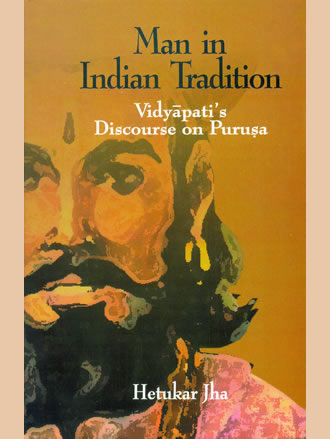MAN IN INDIAN TRADITION (Vidyapati's Discourse on Purusa)
MAN IN INDIAN TRADITION (Vidyapati's Discourse on Purusa) is backordered and will ship as soon as it is back in stock.
Couldn't load pickup availability
Genuine Products Guarantee
Genuine Products Guarantee
We guarantee 100% genuine products, and if proven otherwise, we will compensate you with 10 times the product's cost.
Delivery and Shipping
Delivery and Shipping
Products are generally ready for dispatch within 1 day and typically reach you in 3 to 5 days.
- Type: English
- Pages: xii + 124
- ISBN: 9788173052170
- Edition: 1st
- Publisher: ARYAN BOOKS INTERNATIONAL
- Size: 15 cm x 22 cm
- Product Year: 2002
The book deals with the image of ?man? that was posited in the medieval period when north Indian society was beset with crisis due to the internal conflict of sectarian ideologies as well as the onslaught of the Islamic politico-religious power. This state of socio-cultural and political situation was perceived by Vidyapati, a great poet and statesman of Mithila (north eastern part of Bihar) in the late fourteenth and early fifteenth century, as that of crisis of man. He was probably the first intellectual of north India who recognized the significance of such socio-political and religious issues as ?what is man??, ?what is manliness??, ?what is dharma??, etc., in a situation of multi-religious social and political order. There is no space for jati/varna/kula in the structure of man presented by him. Even in the sphere of religion, man is supposed to enjoy autonomy as, according to him, dharma relates to his private domain and to the universal moral precepts of ancient Indian tradition. Purusa Pariksa eloquently presents his reflections on the crisis of his society in which the followers of Vedic or Sanatana dharma had begun to identify themselves as ?Hindu?. It was at this juncture of Indian tradition that Vidyapati introduced his ideas of ?man? or individual having courage, sense of discrimination (viveka), boldness of will, wit and learning (vidya). The book conveys his socio-political perspective that still appears to be relevant to the issues of national regeneration and development.





